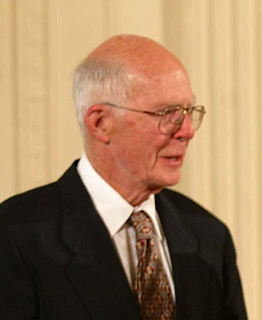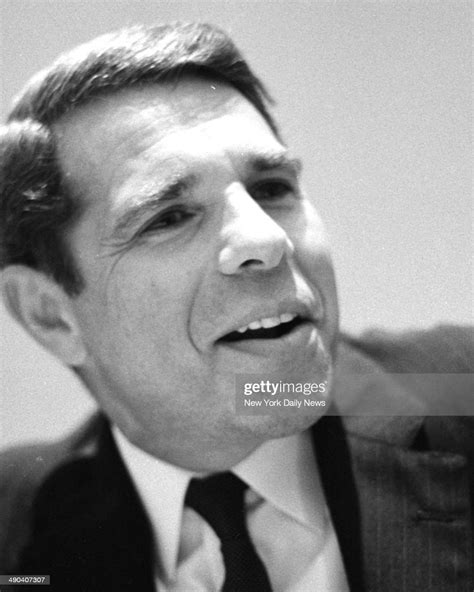A Quote by Hillary Clinton
I think there should be national standards on the use of legal force.
Related Quotes
The libertarian approach is a very symmetrical one: the non-aggression principle does not rule out force, but only the initiation of force. In other words, you are permitted to use force only in response to some else's use of force. If they do not use force you may not use force yourself. There is a symmetry here: force for force, but no force if no force was used.
We used to have adults who set standards, moral standards, cultural standards, legal standards. They were better than we were. They gave us something to aspire to. They were people that we described as having dignity and character. That's all gone now, particularly the upper levels of the Democrat Party. There isn't any of that kind of decency, dignity, character, morality.
We should have an army so organized and so officered as to be capable in time of emergency, in cooperation with the National Militia, and under the provision of a proper national volunteer law, rapidly to expand into a force sufficient to resist all probable invasion from abroad and to furnish a respectable expeditionary force if necessary in the maintenance of our traditional American policy which bears the name of President Monroe.
The international human rights framework is a vital component and engine for promoting global values. Governments have signed up to this international legal framework and we should hold them accountable, in all circumstances from environmental or labour standards, to trade talks, arms control and security issues as well as other international legal codes.
I think Dario Ringach is a poster boy for the concept that the use of force or the threat of force is an effective means to stop people who abuse animals," "No strictly peaceful movement has succeeded in liberation," "I think the animal rights movement has been restrained in its use of force, mostly because people in the struggle are often people of privilege who aren't willing to risk losing that privilege.
When I went to Harvard Law School I became interested in the connection between legal standards for safety and automobile engineering design. At that time, it was all blamed on a "nut behind the wheel," so-called, the driver. But I knew that the vehicle had a great deal to do with that because I had come across some Air Force-sponsored studies at medical schools. The Air Force found they were losing more men on the highways than in the Korean War.
When social movements engage in legal reform, they often mobilize images of people from their constituent population who most match national norms about what "deserving citizens" are like, and use those people as spokespeople and as lead plaintiffs in legal cases. This strategy requires that people who are experiencing intersectional harm - who are vulnerable through multiple vectors of demonization and marginalization - be further marginalized and disappeared by the advocacy.































